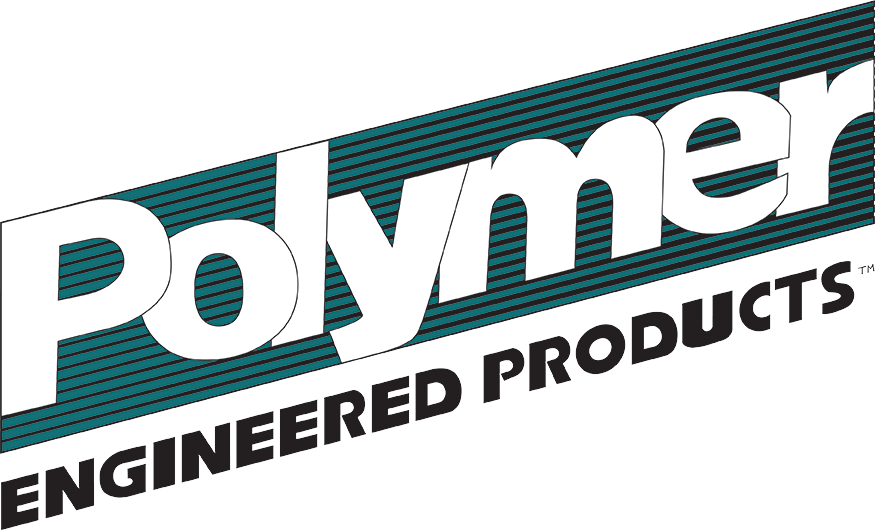Polymer Engineered Products constantly strives to go above and beyond in providing our clients with various resin materials to meet their specific and unique needs. We possess a wide offering of roughly 800 different resin types. In this process, we aim to guide and support customers in their growth and understanding of resin materials so they can receive the best value for their time and investment. This information outlines the key points in understanding what makes a resin the right resin and why having the correct resin for a specific project is so important.
Resin Characteristics
There are some key factors to consider when choosing a resin for your injection molding project. The following is an abbreviated list of standard characteristics that are important to consider.
- Viscosity
- Surface Finish
- Impact Strength
- Tensile Strength
- Chemical Reactivity
- Conductive Reactivity
- Post-Molding Shrink Rate
A part’s material is determined by its future application, which is why each step of the planning process is carefully developed and must be taken into account when choosing a material. Resin choice is critical to how well the finished product fits its intended application. Using the incorrect resin can result in part failure from either known or unknown conditions. Additionally, depending on the end-use application, there may be regulatory compliance issues that must be met. This can result in a very specific resin type and grade being the only option for a product line. Some resins carry certifications that have been obtained through a rigorous inspection and compliance process that apply to the post-molded product.
Some of our most popular resins that often meet our client’s checklists depending on the project are:
- ABS (Acrylonitrile Butadiene Styrene)
- Polycarbonate
- Polypropylene
- Polystyrene
- Polyphenylene Ether + PS
- Nylon
Case Study #1: The Wrong Material
The Issue:
A customer of ours came to us with a part failure issue. We discovered that there was a petroleum substance leaking from the metal parts used in conjunction with the plastic molded units we produced. This petroleum substance was settling on the ABS parts and causing them to become brittle through a chemical reaction.
The Material:
ABS is known to become brittle or break when it comes in contact with oils and solvents. Because we were not fully made aware of the intended function of this part in the planning process, this resulted in thousands of units in the field failing over the previous year or two. This meant a large headache and thousands of dollars worth of repairs for our client. ABS was clearly not the correct resin for this application.
The Solution:
In this instance, a specific grade of Polypropylene would have been the correct resin choice due to its innate chemical-resistant properties. There was some testing and process development to ensure the new Polypropylene parts would still fit dimensionally in place of the ABS parts. Ultimately a Glass-Fiber filled Polypropylene was found to produce a dimensionally accurate, solvent-resistant part for this customer.
Case Study #2: The Unknown
The Issue:
This is an instance of a customer coming to us with a parts failure issue hoping to move from their current parts supplier to our services.
The parts needed to move liquid at a high rate but were breaking under the highest rate/pressure. The breakage was not consistent and could not be tied directly to a process failure in the molding or assembly processes. Additionally, these parts needed to carry a certain certification to be used in the end-use application.
The Material:
While the specific issue could not be pinned down, we immediately reviewed the resin used and came to the determination that a change was needed in that area. Our client was previously using a PA (nylon) part and it was determined that PPE (polyphenylene Ether and PS) would be a much more successful material for the intended application.
The Solution:
We worked with this customer to change the type and grade of the resin used in the molding, while still maintaining compliance, to resolve the issue. The change resulted in a nearly 400% increase in burst-rate testing and a reduced piece price cost. After seven years, the customer is still purchasing these parts from the new resin and has had a 100% success rate in the field. As a result, we have increased our business with this customer and now produce roughly 30 different parts for them.
Why Materials Matter
As is evidenced above, the resin material you choose to produce your part is the key factor in determining its performance success. Electrical applications require rigid, engineering-grade resins that have flame-retardant ratings. Municipal and Commercial liquid applications will likely require a glass-reinforced, water-safe resin such as a PPE. Most consumer applications use softer, more flexible resins such as Polystyrene, Polyethylene, and Polypropylene. Applications with moving parts that may produce friction will likely be produced from a Nylon or Acetal to incorporate the hardness and friction-resistance properties that are innate to those resins.
Polymer Engineered Products takes our clients’ projects and their associated challenges seriously. We aim to provide you with all of the resources, aid, and communication needed to ensure your injection molding project is always a success. Request a quote today to get started on your next project!
